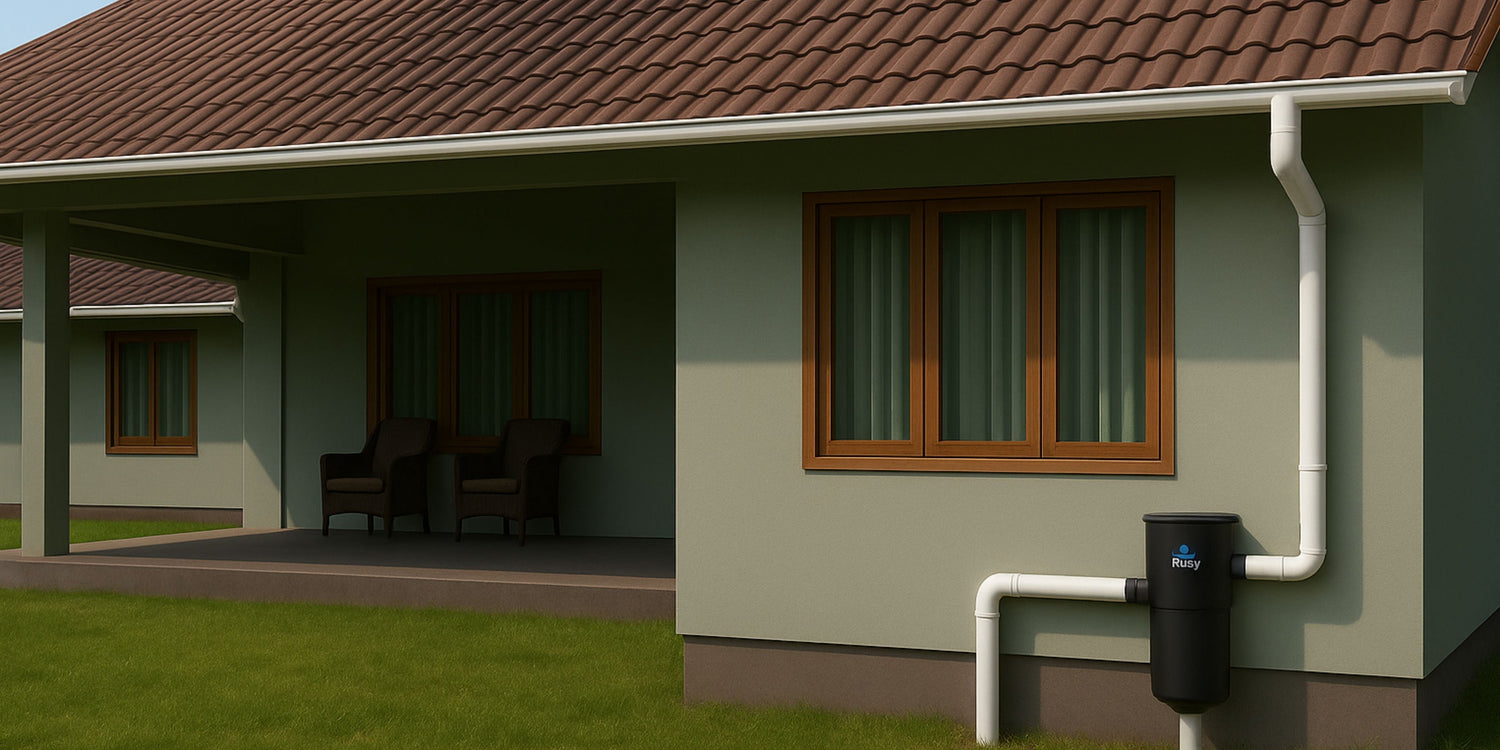Clean and safe drinking water has become one of the top concerns for families across the world. With rising pollution, contaminated pipelines, and chemical use in agriculture, people now question whether tap water is truly safe. This is why Water Filtration Systems are no longer a luxury but a necessity.
In 2025, technology has advanced, and the market offers more options than ever, leaving homeowners wondering which system to choose, how it works, and why they should even consider one.
Why Is Water Filtration Important in 2025?
One of the most common questions people ask is, “Why should I invest in a water filtration unit when I already get treated water from the municipality?” The truth is, while water may pass through treatment plants, it often travels through old pipes that can add dirt, rust, and harmful contaminants.
On top of that, chemical disinfectants like chlorine may affect its taste and safety. This is exactly why water filtration is important—it gives families an added layer of protection against impurities, bacteria, and toxins that municipal treatment sometimes misses.
What Are the Types of Water Filtration Systems for Home Use?
Homeowners looking for reliable solutions often wonder which filter will work best for them. The reality is that water filtration systems for home come in different types, each targeting specific contaminants:
-
Activated Carbon Filters – These remove chlorine, bad odors, and organic chemicals that affect taste.
-
Reverse Osmosis Systems – Known as one of the best water filtration systems, they eliminate heavy metals, salts, and other dissolved impurities.
-
UV Water Purifiers – Perfect for destroying bacteria, viruses, and microorganisms.
-
Sediment Filters – Designed to trap dirt, sand, and rust particles.
-
Ion Exchange Filters – Commonly used for softening hard water by removing calcium and magnesium ions.
With these types of water filter for home, families can choose according to their local water quality and personal needs.
How Do Water Filtration Systems Work?
Another big concern is understanding the actual process. Many ask, “Do these systems really work, or are they just fancy devices?” The answer lies in their layered filtration technology. Most types of water filtration systems use multiple stages.
For example, water may first pass through a sediment filter to remove large particles, then through an activated carbon filter for chlorine, followed by UV treatment to kill microbes. Reverse osmosis units take it a step further by forcing water through a semi-permeable membrane that blocks almost all contaminants.
What Makes the Best Water Filtration Systems Stand Out?
In 2025, the best water filtration systems combine efficiency with convenience. Homeowners don’t just want safe water—they want systems that are easy to maintain, energy-efficient, and eco-friendly. The latest models include smart indicators that remind users when it’s time to change filters. Some even integrate with mobile apps, giving real-time updates on water quality. By choosing advanced systems, families ensure they get pure water without complicated upkeep.
Are Water Filtration Systems in India Different?
Many readers in India often ask whether water filtration systems in India differ from those in other countries. The answer is yes, slightly. Since groundwater contamination is more common in India, reverse osmosis and UV filters are more popular due to their ability to handle bacteria, pesticides, and heavy metals.
Global manufacturers have started customizing their designs to suit Indian water conditions, making them more effective for local households.
Do You Need a Home Water Filtration System if You Use Rainwater?
A question that pops up often is whether rainwater is automatically clean. While rainwater feels pure, once it flows through rooftops and storage tanks, it can collect dirt, debris, and microorganisms. That’s where a Home Water Filtration System plays a critical role.
Paired with a good Rainwater Filter, it ensures that harvested water is safe for drinking, cooking, or even everyday household use. Combining Rainwater Harvesting with modern filters is one of the smartest ways to save money and protect health.
Key Benefits of Water Filtration Systems in 2025
When people compare costs, one question always comes up: “Is it worth spending money on a filtration system?” The answer lies in the long-term benefits:
-
Health Protection – Removes harmful bacteria, viruses, and toxins.
-
Better Taste – Eliminates chlorine and bad odors.
-
Cost Savings – Cuts down on bottled water expenses.
-
Eco-Friendly – Reduces plastic bottle waste.
-
Peace of Mind – Assurance that every sip of water is safe.
These benefits explain why more families are investing in reliable systems instead of depending solely on public supplies.
Choosing the Right Water Filtration System for Your Home
One of the biggest pain points for buyers is figuring out which system matches their needs. Here’s how to decide:
-
Check Water Quality – Get your tap water tested to see if it has high chlorine, hardness, or bacteria.
-
Identify Family Needs – If someone has health concerns, opt for multi-stage systems.
-
Consider Maintenance – Some systems need frequent filter changes, while others are low-maintenance.
-
Budget & Long-Term Costs – Don’t just look at the upfront price; consider cartridge replacement costs too.
With this approach, choosing among the many available options becomes less overwhelming.
Key Takeaways:
-
Water Purification Systems in 2025 are designed to handle modern contaminants and offer smarter features.
-
Each home may need a different system depending on water quality and family needs.
-
Water purification systems in India often require stronger solutions like RO and UV due to groundwater issues.
-
Pairing a Home Water Filtration System with a Rainwater Filter can make rainwater safe to drink.
-
Investing in the best water filtration systems ensures better health, savings, and sustainability.
Frequently Asked Questions (FAQs):
1. Do all water purification systems remove bacteria?
Not all systems do. Basic carbon filters remove chlorine and odors but not bacteria. UV and RO systems are best for eliminating microorganisms.
2. How often should I change the filters?
It depends on the system and usage. On average, carbon filters last 6 months, while RO membranes may last up to 2 years.
3. Are water purification systems expensive to maintain?
While there is some cost for replacing filters, it’s far less expensive than buying bottled water long-term.
4. Can I install a water filter myself?
Some countertop or pitcher filters are DIY-friendly. However, advanced types of water filtration systems like RO or UV units often require professional installation.
5. Will a filtration system remove essential minerals from water?
Reverse osmosis removes almost everything, including minerals. To counter this, some systems re-add healthy minerals for balanced taste and nutrition.
When it comes to safe drinking water, nothing should be left to chance. Investing in the right solution ensures every drop your family consumes is healthy and pure. If you’re ready to upgrade your home’s water quality, trust experts like Rainy Filters for modern and reliable solutions.

